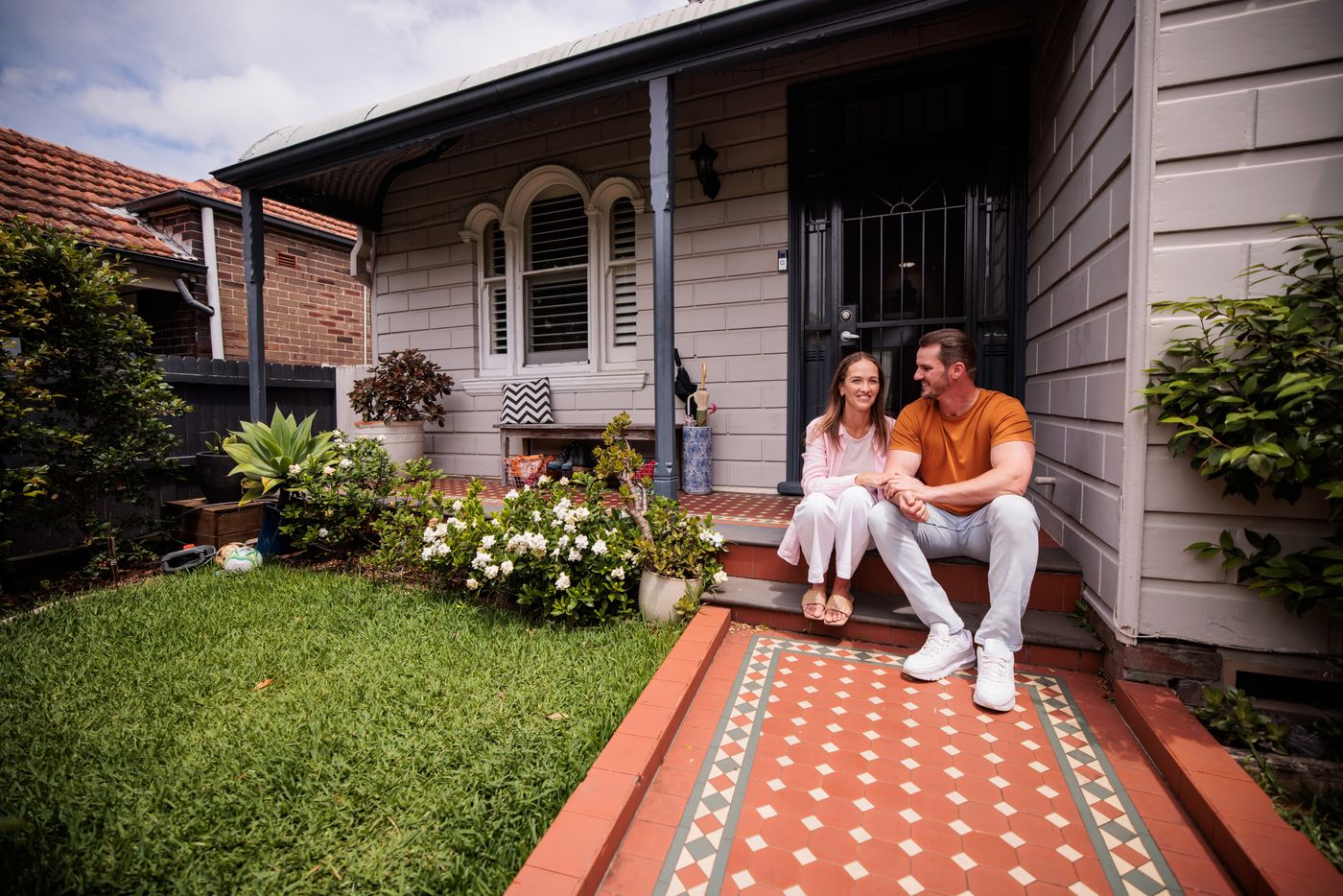It’s never too late to buy your first home – John McGrath
Buying a home remains a strong aspiration for most Australians but first home buyers are waiting longer to buy their first property. According to the latest Australian Bureau of Statistics (ABS) data, the average age of first home buyers is now 37.
Commonwealth Bank figures also show that the largest cohort of these buyers (40%) are purchasing property on their own.
High property prices and a housing supply crunch are key reasons for this trend. But there are other reasons for this change as well. Put simply, Australians are waiting longer than their parents and grandparents to not only buy their first home, but also to get married and start a family.
The latest ABS figures show both first-time mum’s and dad’s median ages (33.8 and 31.9 in 2023) have increased by five to six years since 1975. They are also now having just one child, as compared to two in the mid-1970s.
Large generational gaps are clearly evident when studying home buyers’ approaches to purchasing a property. In a recent report, Cotality described these different approaches as “generational defaults and dealbreakers”.
While this report is based on a US survey, it features some strong home buying differences between generations. Gen Z buyers initially feel confident about buying a home but the “cracks” in this confidence show later in the buying process until by the end, only 73% of this age group say they feel ready to purchase.
Meanwhile, Millennial and Gen X buyers are more cautious. According to the Cotality report, Gen X buyers are the quiet middle sector who are confused but still committed. These buyers are more responsible than younger buyers and want a smart property deal, rather than a fast one. Millennials are generally comfortable with the buying process but they can be sceptical about the buying process and their expectations about this process often shift.
The good news is that these points can work in older first home buyers’ favour. As these “defaults and dealbreakers” suggest, general life experience is a big advantage when house-hunting. For example, there is nothing wrong with being cautious when buying such an important asset as a home, or feeling confused about the many different fees and costs involved in the process.
There is also still plenty of hope for older first home buyers who can offer lenders significant financial advantages that can reduce their loan risk. These points include a long-term career with a good income, good savings as well as a healthy superannuation and investments.
Under the 2004 Age Discrimination Act, lenders also can’t decline a loan application, purely because of a buyer’s age. At the same time, mature first-time buyers are higher-risk borrowers and Australia’s responsible lending laws may result in lenders baulking at their applications.
There is a key reason for this wariness: older buyers may only have 15 or 20 years to repay a standard 30-year loan before they reach their official retirement age; or in other words, they turn 67 years old, when they can start receiving an age pension.
As a result – and even though this retirement age can differ, depending on the lender – many will decline to write older buyers a 30-year loan.
To counter this issue, I recommend older first home buyers have their finances in order before approaching a lender. Obtain pre-approval and conduct your market research. You should also have an excellent exit strategy to give lenders, especially if you’re planning to hold your mortgage after you turn 67. Be prepared to pay off your loan faster than younger buyers too.
Stabilising interest rates, and three rate cuts already this year, will also help your cautious confidence.

By
John McGrath
August 24, 2025
3 min read
Share this Article


.jpeg)

